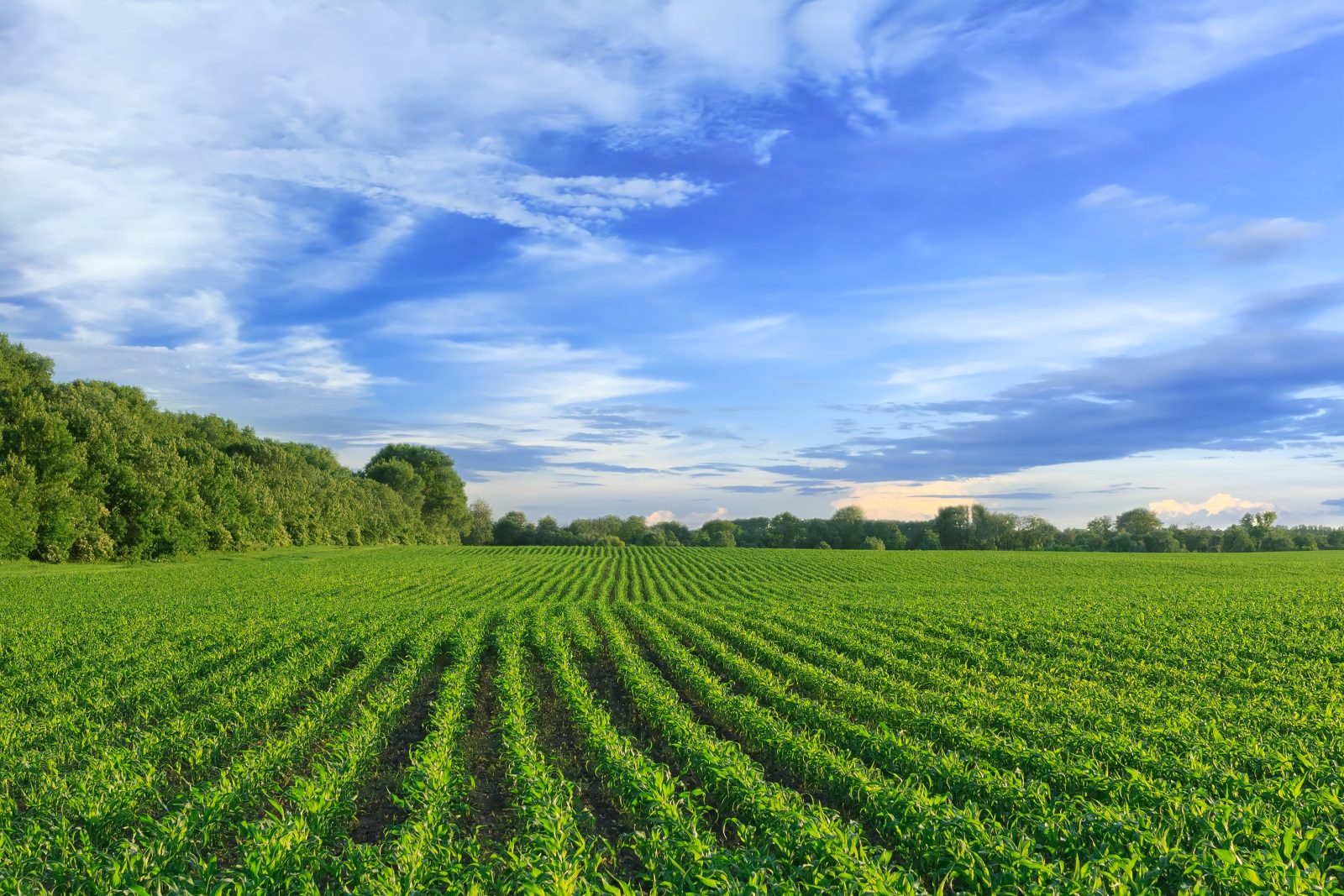GUELPH, ON [September 21, 2022] – When it comes to preserving Ontario farmland, October 24th is a key date.
That is the day voters in municipalities across the province head to polls to elect their mayors and local councillors. And those political bodies — regional, county, city, town and township councils — hold great sway over the fate of land use in Ontario. While there are processes that can involve upper levels of government, land-use planning is first and foremost a municipal responsibility.
They are the governments tasked with developing official plans and setting urban boundaries and determining where development is best suited and how it should occur. That also makes them the first defenders of farmland.
“When an application comes forth that would dig up or pave over land that is currently growing food, fibre, fuel or flowers in order to build homes, a shopping plaza or new school, municipal councillors are the ones who get the first opportunity to say yay or nay,” says Peggy Brekveld, President of the Ontario Federation of Agriculture (OFA). “For voters who care about preserving farmland in Ontario, this fall’s municipal elections are critically important.”
The preservation of farmland is a very critical issue in Ontario. According to figures from the Census of Agriculture released in the spring, Ontario is losing 319 acres of productive farmland every day. That’s the equivalent of 58 city blocks, nearly 800 hockey rinks or 4,785 tennis courts. In terms of food, that is enough acreage to produce more than 23.5 million apples, 1.2 million bottles of Ontario VQA wine or 75.6 million carrots.
But not only does this help feed people, it also supports at-risk animals like bee populations and preserves wildlife habitats.
While the OFA does not endorse candidates, it does encourage voters to closely examine the platforms of the candidates in their area, pay attention to what they say during election events and ask them questions if they come knocking on the door to see where they stand on issues that impact land use.
For voters who care about farmland preservation, the OFA suggests asking the following questions to assess candidates:
• Where do you stand on the use of Minister’s Zoning Orders? These are a special tool that allows those intent on pushing urban development to bypass a municipality’s typical planning process, meaning reduced opportunities for essential comments and community input into development proposals.
• What do you believe to be the purpose of the urban boundary? Their thoughts on your community’s Official Plan and the integrity of its urban boundaries matters. Does the candidate think these are nothing more than a flexible guideline that should be easily moved if desired, or are they hard lines on a map to keep urban sprawl at bay?
• What does your platform say about public transit? Efficient transit is key to strong urban communities, and helps encourage development in the right places. Transit corridors attract residential projects, commercial enterprises and institutions, and putting these in existing urban areas is much better than digging up a farm to build them.
• What incentives do you support to bring new development to our community? Incentives can be a powerful tool to encourage the right development in the right places. They are effective for rejuvenating depressed areas of an urban community, and can encourage developers to look at rehabilitating a brownfield within the urban area as opposed to targeting a greenfield farm.
• What is your future vision for our community? It is a sprawling concrete urban metropolis driven solely by the attraction of an expanded tax base brought on by widespread development beyond the existing urban area? Or perhaps it is a diverse, mixed-use community with local food sources nearby supporting a busy and vibrant urban core.
OFA recognizes and understands that the vast majority of Ontarians do not come from a farming background, and we want to do our part to help bridge that gap. That’s why OFA has developed Agriculture Matters: A Guide for Municipal Councillors and Staff – an insightful resource that can help municipalities better understand local issues facing farmers, and how they can become a more agriculture-friendly community. This Guide, as well as additional resources, can be downloaded at ofa.on.ca/GrowAg.
“It is easy to take our farmland for granted, but voters should remember that farmland is a finite resource,” says Brekveld. “Once that farm is turned into a shopping centre or subdivision, that land is gone forever. We understand that cities and towns need to grow, but we believe it should be smart growth that protects and preserves the land that feeds us.”
“When you cast a ballot on October 24th, we kindly ask that you cast it well-informed of where your candidates stand on preserving farmland.”
About the Ontario Federation of Agriculture
The Ontario Federation of Agriculture (OFA) is the largest general farm organization in Ontario, representing 38,000 farm families across the province. As a dynamic farmer-led organization based in Guelph, the OFA works to represent and champion the interests of Ontario farmers through government relations, farm policy recommendations, research, lobby efforts, community representation, media relations and more. OFA is the leading advocate for Ontario’s farmers and is Ontario’s voice of the farmer. For more information, visit www.ofa.on.ca.
About Home Grown
A public awareness initiative of the Ontario Federation of Agriculture, Home Grown is a campaign to advocate for the importance of Ontario farms as a source of food, fuel and fibre. Arable farmland is the most important natural resource, but Ontario is losing an average of 175 acres of farmland to urban development every day; that is the equivalent of five family farms paved over every week. It is the objective of Home Grown to help develop a workable plan to guide responsible development in Ontario, ensuring growth to provide housing and support local tax bases while also protecting productive farmland.
Join the conversation on Twitter @OntarioFarms and Facebook/ontariofarms. For more information, please visit homegrown.ofa.on.ca.



